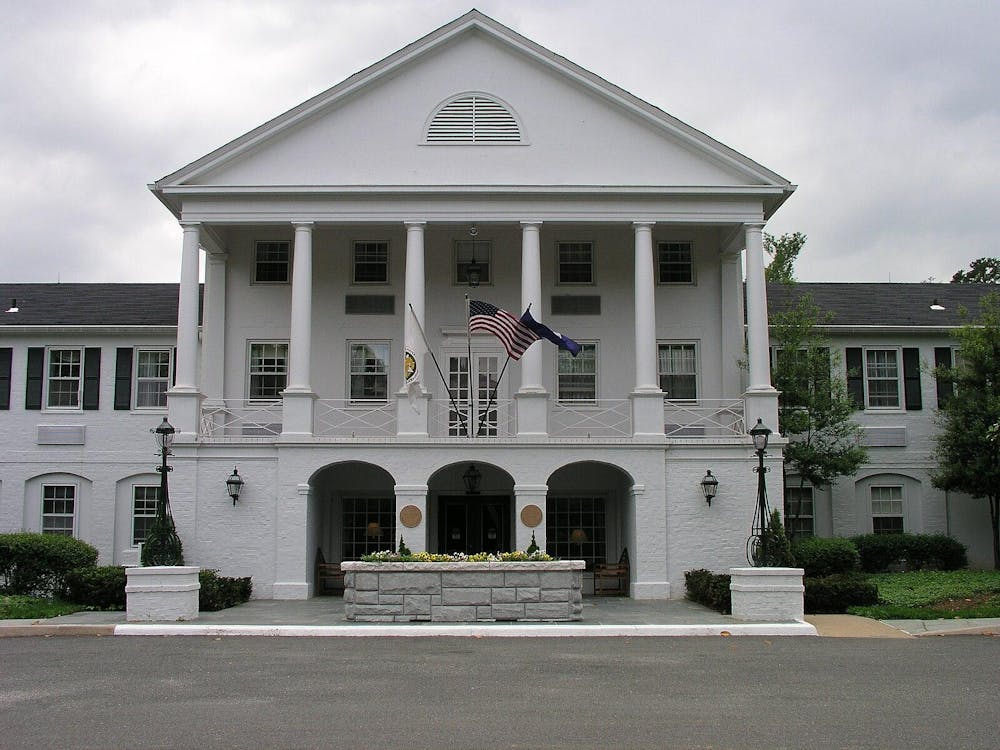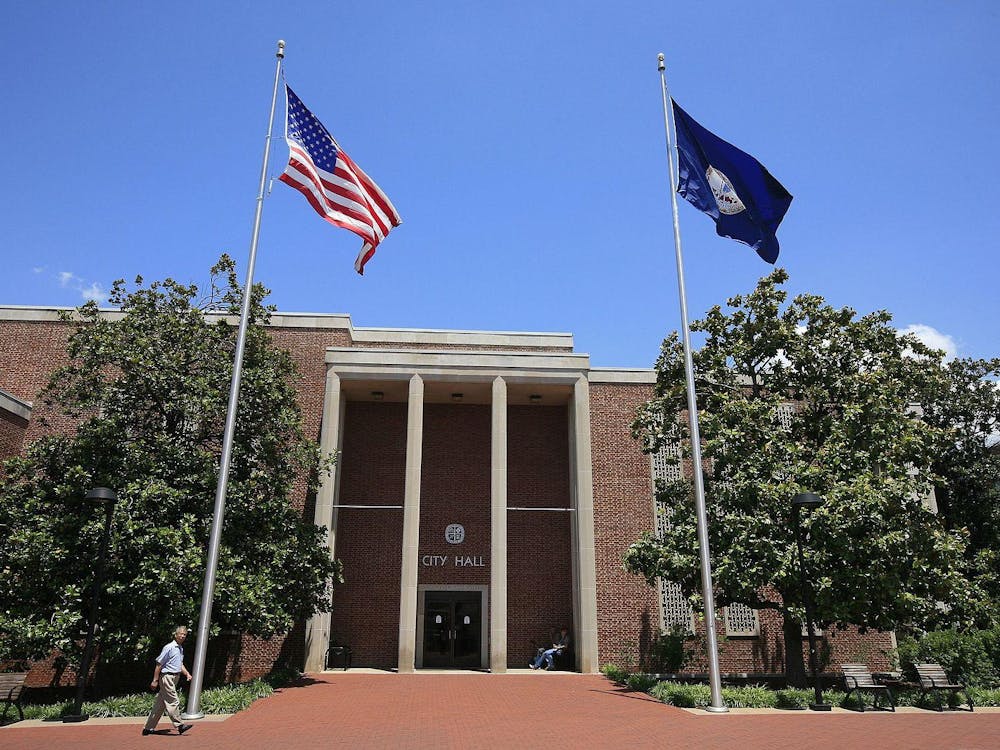AS AN HONOR Counsel and a University student opposed to the Informed Retraction proposal, I believe Michelle Jones' Feb. 6 column "Single sanction strangles community of trust," in favor of reformed retraction requires further analysis.
First, Jones argues that the informed retraction should be adopted on account of the University's inability or refusal to expel students convicted of violent crimes such as rape. In so doing, she injects a highly emotional issue into the debate without providing supporting evidence, but the problems with this line of reasoning are deeper. Acts of physical violence such as rape fall under the jurisdiction of the University Judiciary Committee. The University's first standard of conduct explicitly prohibits "sexual assault," and the Judiciary Committee possesses the power to expel students permanently. It is troubling indeed if the University permits those found guilty of such violence to remain students. However, this problem will not be mitigated by allowing students, who admit to violating the honor code, to return to the University after a three semester suspension. Jones' energy would be better spent on a petition that mandated the expulsion of students found guilty of rape and similar violent crimes. I happily would lend my signature to that petition.
Second, Jones argues for the informed retraction based on the possibility that in the past an innocent student may have been convicted of an honor offense. This is a curious argument indeed. How would the informed retraction reduce the possibility that an innocent student would be found guilty? To the contrary, it might encourage an innocent student, who was accused of an honor violation but did not want to risk permanent expulsion from the University, to admit to an act that he or she did not commit.
However, I find this whole line of reasoning to be purely theoretical. The Honor Committee has many institutional safeguards which protect the rights of all students. In my experience with the honor system, I never have witnessed a trial in which a student, who I believed was innocent, was found guilty.
Finally, Jones argues for the informed retraction based on her belief that, under the current system, students who have committed a dishonorable act have no reason to behave honorably once honor proceedings have been initiated. This is a very complicated argument. In essence, Jones argues that students will behave honorably only when you dangle a carrot in front of them. While I find this notion absurd, I do not think a system of incentive-based honor will strengthen our community of trust. Yes, she is correct in saying that students do come before the Committee and lie, but these students frequently are exposed by the juries for what they are. No, the system is not perfect. The institutional safeguards of which I spoke earlier require, for good reason, that the accused student be given the benefit of a reasonable doubt. Due to this fact, we can rest assured that the innocent will be protected in these proceedings.
However, the highly publicized events that have occurred over the past ten months in the Bloomberg trials prove that our system does work. If the only way to get students to behave honorably is positive coercion, then the community of trust already is dead and the rest of this debate is moot.
The honor code is much more than a quasi-judicial system administered in secrecy on the fourth floor of Newcomb. The honor system is an ideal. It is an ideal in which we as students affirm our belief almost every day. When we sign the pledge on a take-home exam, leave our books unattended in the library or walk freely through the bookstore with our backpacks, we are affirming our belief in and reaping the benefits of our honor system.
James Hay Jr. expressed it best in his poem "The Honor Men." He writes, "Remembering the purple shadows of the lawn, the majesty of the colonnades, and the dream of your youth, you may say in reverence and thankfulness: 'I have worn the honors of Honor, I graduated from Virginia." As a graduating fourth year, I will walk the Lawn and take my degree in 102 days. My friends know that I have struggled to accomplish this goal. I want to walk the Lawn in May with the ideal of honor and Hay's words echoing in my ear. For that is the unique right and true mark of graduates of the University of Virginia.
I believe that the informed retraction threatens that right. To those students who slipped through the cracks of the honor system, Hay's words forever will resonate in them like nails on a chalkboard.
(Christopher S. Bowman is a fourth-year College student. He is an Honor Counsel.)






